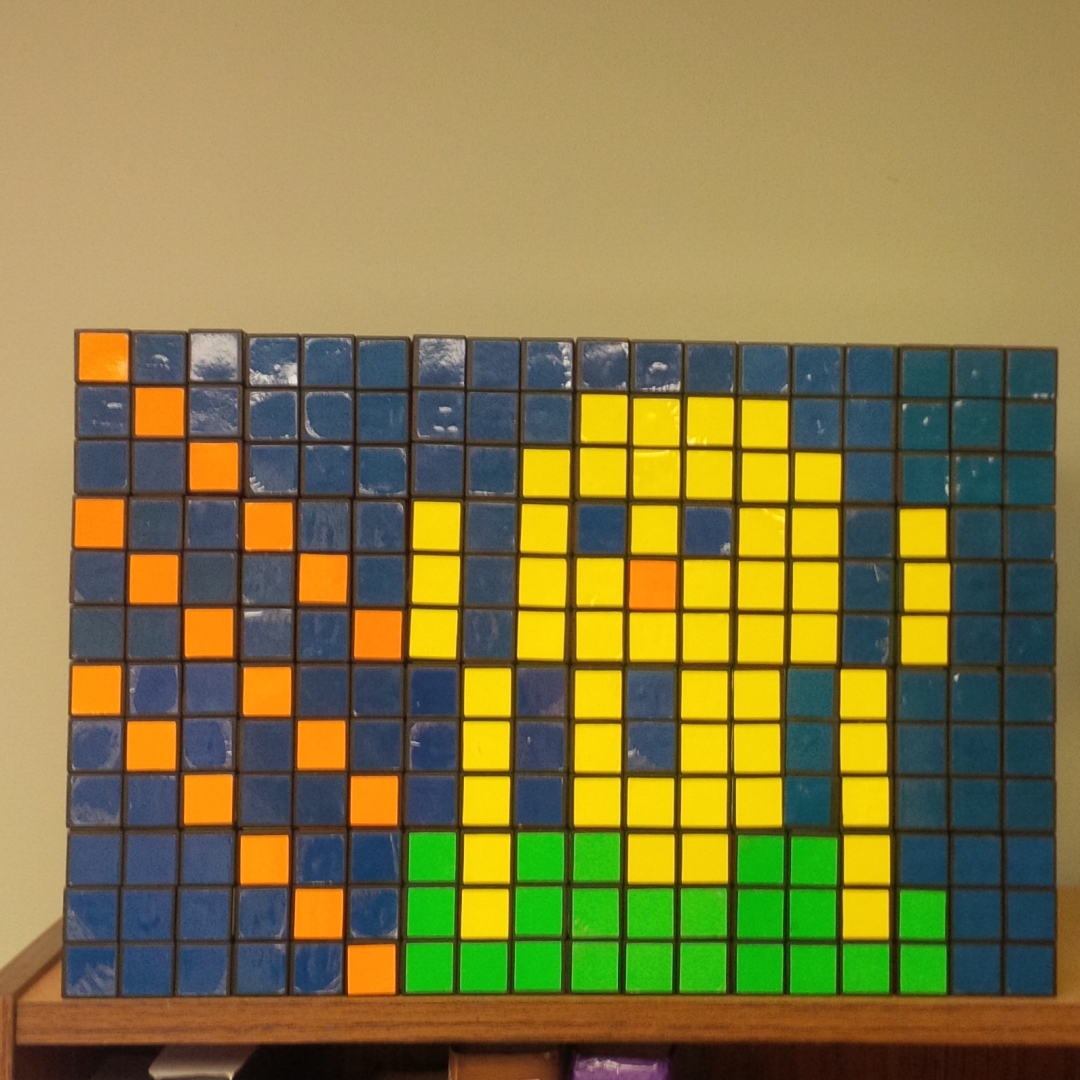It’s fun to watch a group of adults when children are playing nearby. The parents especially interesting, because while they are mindful of their children and any inherent risks involved in their play, for their own sanity they like to interact with other adults while they can. Of course, the civilized discourse is inevitably interrupted by a child screaming, but before any parent or caregiver goes running to respond, they all listen to see whose child it is. It is remarkable to me how a parent knows immediately that their child is screaming, but nobody else has any idea who it is. It doesn’t work 100% of the time, but these parental instincts come in handy.
I’m not sure on the science of it, but, in some ways, this works because parents are, in some ways, wired to feel the pain their children are feeling. Our son has tested this empathy a few times lately. A while ago, Sebastian woke up fine but very soon started crying. Another instinct I developed as part of a large family was telling the difference between a cry born out of pain, anger or just the desire for attention. My children are capable of all three, but this was definitely a cry of pain. There was no indication that something had happened, no external marks or bruises, and little to no explanation was possible through his cries. Since it seemed to be an abdominal pain, I suggested he sit on the toilet, while I went to talk with his mother about how I had no idea what the problem was, whether or not we should administer pain killers and who was prepared to take him to the clinic. While we talked, we heard a light chuckle from the bathroom. “I’m better now!” he declared. This cause of immense pain, that we were unable to diagnose, was simply a full bladder.
Another time we had returned from a family drive and the two girls were awake, but when we pulled in the driveway, Sebastian was asleep. Rather than wake him and transport him to a bed, I decided to stay in the van until he woke up. I sat reading social media updates on my phone while his napped continued. Again, he woke up, looked around, and then started screaming in pain. I investigated his leg wher he said the pain was coming from, and again there was no bruising or any evidence of something poking him. None of the more dramatic possibilities made sense, so amidst his assertions that it really, really hurt, I asked if it felt like a whole bunch of little needles were poking his leg. He agreed that this was a reasonable description of the pain he was feeling. So, I tried to do for him what I always do for myself when my leg falls asleep, and that’s to massage the muscles until the feeling goes away. He insisted that it was making things worse, not better, and didn’t let me do that anymore.
I had to stifle a laugh that the cause of this great tragedy was simply a lack of circulation, and not all of the more serious possibilites I had conjured up. I continued to reassure him that it would go away soon, and as I did I realized that from time-to-time, I would like it if someone would sympathize with my pain when my legs go numb from sitting the wrong way.
A time will probably come when he can laugh at the notion of these sensations creating those anguished cries, but in the meantime, he has a right to feel that pain. Grief, sorrow, anxiety and pain can make us act differently than we normally would. Other people who are unfamiliar with our pain can often make things worse with their lack of empathy, but that doesn’t mean that our pain is any less legitimate. I believe that pain is part of a God-given process that tells something is off, in our bodies, in our relationships, and in our world. Pain is often our trigger to repair the problem, and so it is a necessary, albeit unpleasant, part of the solution as well (when a solution exists).
This world needs fewer people criticizing the pain we feel and the ways we respond to it, and more people to walk with us in our pain towards a healthier body, community, and world.

Leave a Reply